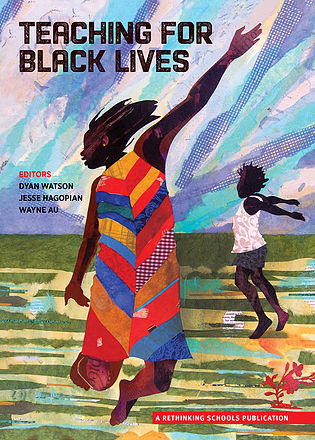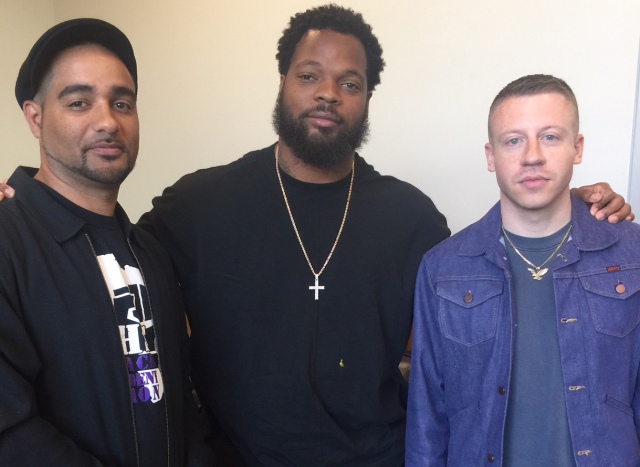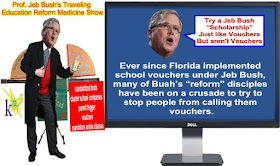DeVos, Truth, Free Speech, the Constitution, and Cognitice Dissonance
The National Constitution Center is an interesting place. The "nonprofit, nonpartisan institution devoted to the United States Constitution" was signed into existence by Ronald Reagan and the groundbreaking was attended by Bill Clinton. Located in Philadelphia, it houses the Annenberg Center for Education and Outreach; it also includes the Richard and Helen DeVos Exhibition Hall. Monday, it hosted Secretary of Education Betsy DeVos for a speech that reads like one of the more honest-- and seriously conflicted-- speeches she has delivered in office.
The coverage has focused on DeVos's call for freedom of speech, in particular, focusing on the ways that college campuses have restricted such speech, from bureaucratic regulations to crowds of students who exercise the "heckler's veto" (which is a pretty good little phrase). But there are several moments that, if nothing else, may help crystalize where fundamental disagreements with her may lie.
The Founders discussed and debated and proposed "to the states a national government that would restrain itself by empowering its people." Well, the white penis-endowed ones, anyway. But there is that article of faith that the feds were never supposed to have real power.
The freedom to express ourselves-- through our faith, through our speech, through the press, through assembly or petition-- defines much of what it means to be human.
This freedom, preserved in our Declaration of Independence, comes from the truth that our rights are endowed by our Creator, not by any man-made government.
If you've been waiting for DeVos to let her God flag fly, this speech has it waving at the top of the pole. I have mixed feelings about her definition of Being Human. Yes, expression is important. But does that define humanity? And here's her definition of the mission of education:
The fundamental mission of formal learning is to provide a forum for students to discover who they Continue reading: CURMUDGUCATION: DeVos, Truth, Free Speech, the Constitution, and Cognitice Dissonance










